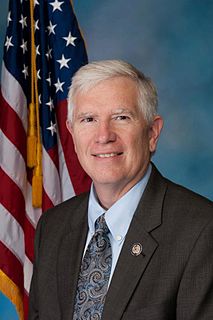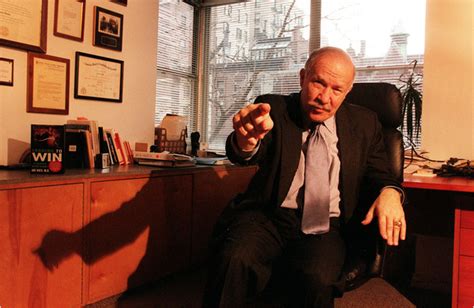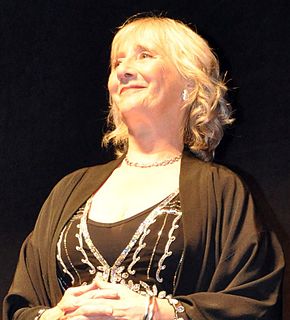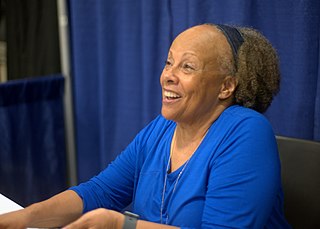A Quote by Mindy Kaling
I've always assumed that my parents and my in-laws would live with me when I get older and have children. I just assume it will happen and that it's the right way to do things. It's a deeply Indian custom - that you kind of inherit your parents and your spouse's parents and you take care of them eventually.
Related Quotes
I would expect illegal alien parents to take care of their children. If it means the kids go back home with them, that's what happens. If it means there are legal relatives in the United States that can take care of them, that can happen to. But I believe it's the parents responsibility to take care of the kids.
Parents impose their own limited concepts on their children, often ignoring their temperaments, special needs, and abilities. Your parents and teachers may have mistakenly ignored your strengths or may not have encouraged you to develop them. You can discover your basic capacities by experimenting with things that you always wanted to do. Don't be discouraged by notions that seem "silly" or "foolish" or "not you." Do it! Who knows what will happen?
What I have most learned from my son is to respect him and to love him unconditionally. I believe that if parents respect their children and educate them with love and justice (and not just with words, but with their own behavior) the relationship with their children will be wonderful. Then parents will always be proud of their children, and children will always be proud of their parents. There will be peace in the family, and the home will be a sanctuary.
Put Your Spouse First: When the children are grown and move out of the home, who will be left but your spouse? Nurture that relationship first and foremost. It is your role, together, to be the best parents you can be and what better way to do that than by parenting together and teaching your children (by what you say and do) that the bond of marriage is stronger than any other earthly commitment
Love involves more than just feelings. It is also a way of behaving. When Sandy said, "My parents don't know how to love me," she was saying that they don't know how to behave in loving ways. If you were to ask Sandy's parents, or almost any other toxic parents, if they love their children, most of them would answer emphatically that they do. Yet, sadly, most of their children have always felt unloved. What toxic parents call "love" rarely translates into nourishing, comforting behavior.
You're 25 and you're looking at adults of your parents' age and older saying, "I don't want to live that way," and this is how it happens. It evolves slowly and it's not the result of any movement. It's just young people look at the way their parents are living and if they don't like it they don't want to duplicate it.
You must learn to look at people who are angry with you straight in the eye without getting angry back. When children see their parents treating them this way, they then recognize the parents' authority. It speaks louder than words. Their new respect for the parents is as good for them as it is for the parents. It never works to demand respect of children. It must be given willingly as a result of strength of good character in the parents, which is manifested by their non-reaction to stress in the children.
As you get older, it's important to have goals. When you're a kid you have them, but other people can set them for you, such as your parents, your school... so, as you get older it's nice to have your own goals, which don't have to do with being more famous, or being in bigger movies, or making more money. Those things kind of corrupt your soul.
Andrew said you were the best person he ever knew." "He reached that conclusion before he saw me raise three barbarian children to adulthood. I understand your mother has six." "Right." "And you're the oldest." "Yes." "That's too bad. Parents always make their worst mistakes with the oldest children. That's when parents know the least and care the most, so they're more likely to be wrong and also more likely to insist that they're right.
The teacher will never be a parent. The parents are the parents. But they have to engage in some sort of active education beyond just teaching mathematics and French and English because the kids spend more time there than they do with their parents at that age. We have to accept that other adults will be part of our children's education and they will have bad teachers. That's going to happen.




































